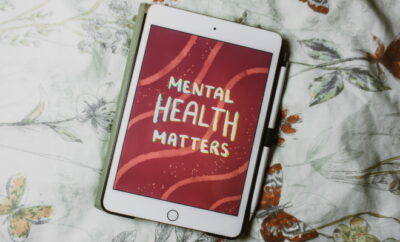
Health x Wellness
ASICS study: The impact of teenage exercise on adult mental wellbeing
A recent study by ASICS has revealed a significant link between regular exercise during teenage years and positive mental wellbeing in adulthood.
However, the study also uncovers a worrying trend among younger generations who are becoming less active.
The power of movement
The ASICS Global State of Mind Study surveyed over 26,000 respondents across 22 countries. It found that regular physical activity leads to higher State of Mind scores.
In Singapore, regularly active individuals scored an average of 72/100, while those who were inactive scored significantly lower at 55/100.
Singapore’s average State of Mind score is 69/100, ranking 5th out of the 22 countries surveyed. Interestingly, 60 percent of Singaporeans engage in regular exercise, which is above the global average of 56 percent.

The long-term impact of teenage exercise
The study also discovered that being physically active during teenage years has a direct impact on mental wellbeing in adulthood.
Those who exercised regularly between the ages of 15-17 reported higher activity levels and State of Mind scores as adults. This suggests that maintaining an active lifestyle during adolescence can establish good exercise habits that last into adulthood and positively impact mental wellbeing.
In Singapore, those who were regularly active at ages 15-17 have an average adult State of Mind score of 69/100, compared to 64/100 for those who were inactive during these years.
The exercise generation gap
Despite the benefits of regular exercise, the study revealed a concerning trend. Younger generations are becoming less active and disengaging from physical activity earlier.
In Singapore, 50 percent of the Silent Generation (aged 78+) reported being active daily in their early childhood, compared to 32 percent of Millennials (aged 28-42) and 36 percent of Gen Z (aged 18-27).
Globally, Gen Z has the lowest State of Mind score with an average of 62/100, compared to the Baby Boomers’ score of 68/100 and the Silent Generation’s 70/100.
Professor Brendon Stubbs, a leading researcher in exercise and mental health from King’s College London, expressed concern about this decline in activity levels among younger respondents. He highlighted the potential impact on future mental wellbeing across the world.
The ASICS study underscores the importance of regular exercise, particularly during the critical teenage years, and its long-term impact on mental wellbeing. It also serves as a call to action for encouraging younger generations to stay active for their future mental health.
Photos by Fitsum Admasu and by kike vega on Unsplash








